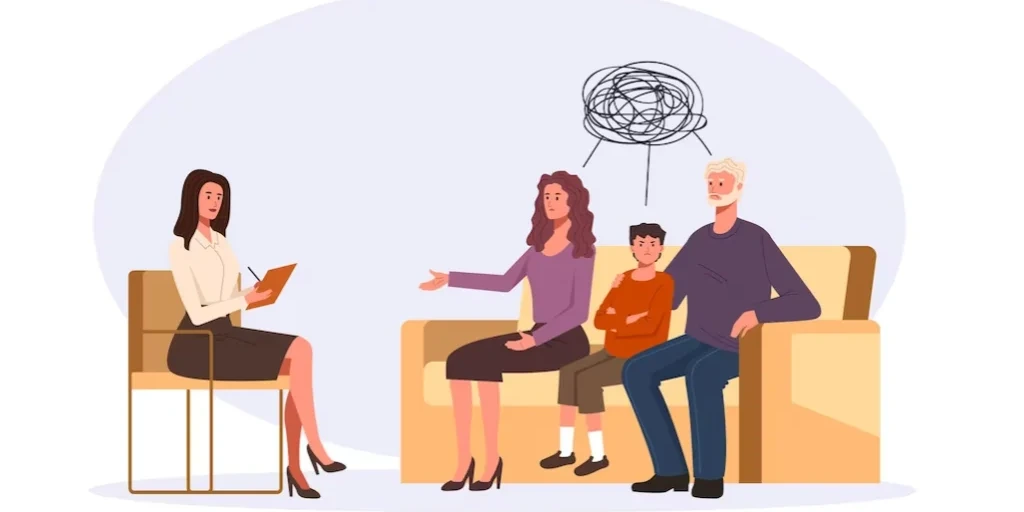24/7 Helpline:
(866) 899-111424/7 Helpline:
(866) 899-1114
Other Insurance Options

State Farm

Access to Recovery (ATR) Voucher

Sliding scale payment assistance

Excellus

Choice Care Network

American Behavioral

Health Partners

Evernorth

Molina Healthcare

BlueCross

Holman Group

Meritain

GEHA

Optum

MVP Healthcare

Anthem

Sutter

Absolute Total Care

BHS | Behavioral Health Systems

Health Net

CADA Bossier Treatment Center
CADA Bossier Treatment Center is a CARF-accredited substance abuse rehab for adolescents and adults....

AppleGate Recovery
AppleGate Recovery offers medication assisted programs for individuals with opiate addiction. AppleG...
























Red River Behavioral Center
Red River Behavioral Center is a private rehab located in Bossier City, Louisiana. Red River Behavio...

Council On Alcoholism
Council On Alcoholism is a private rehab located in Bossier City, Louisiana. Council On Alcoholism s...

Bossier Rehabilitation and Fitness
Bossier Rehabilitation and Fitness is a private rehab located in Bossier City, Louisiana. Bossier Re...

Red Oak Counseling
Red Oak Counseling is a private rehab located in Elm Grove, Wisconsin. Red Oak Counseling specialize...

































































































